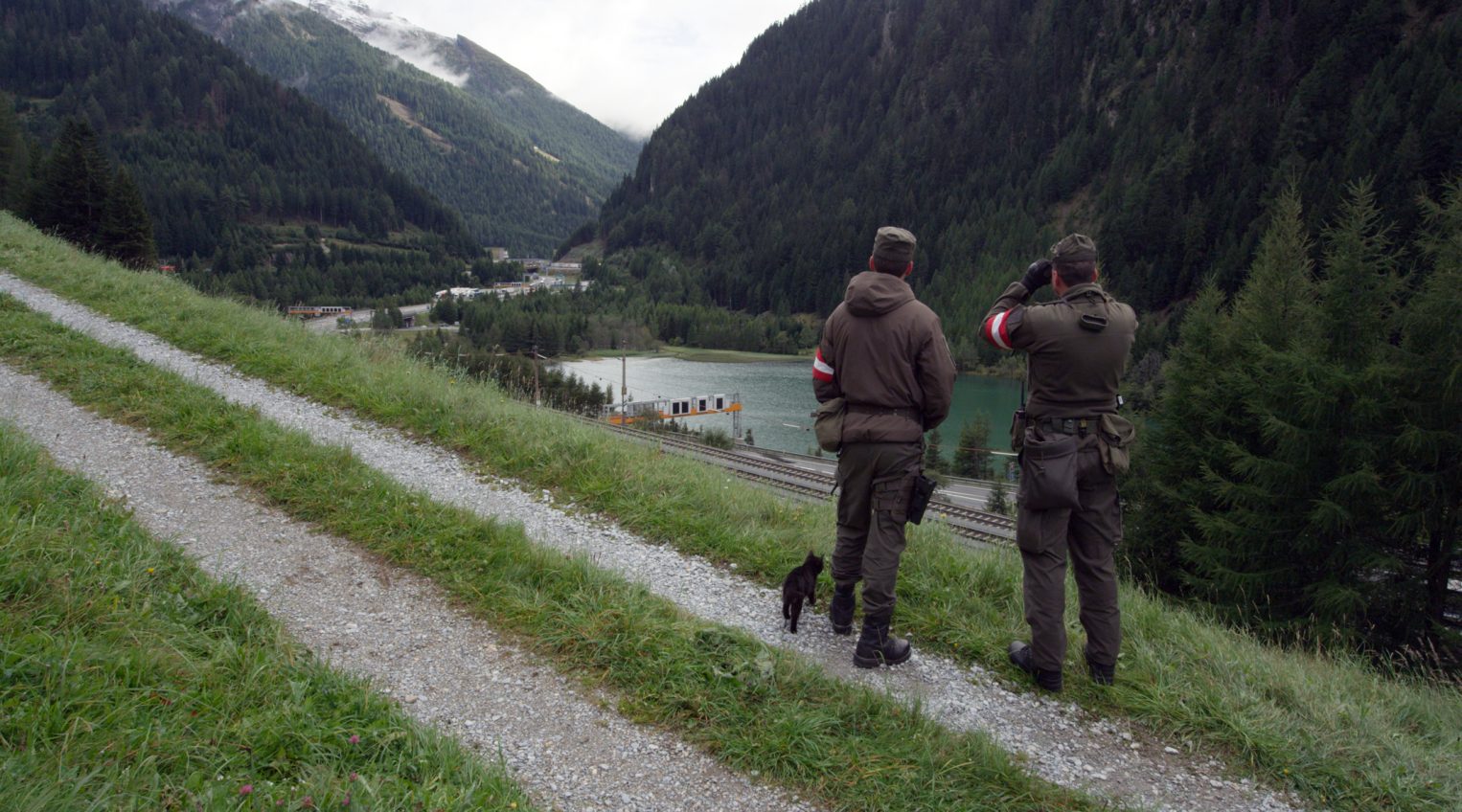
Dir: Nikolaus Geyrhalter | Austria | Doc | 112′
Brenner Pass, Alpine border, spring 2016: the Austrian government announces the construction of a border fence expecting a shift of the refugee routes to Italy after the Balkan route is closed. The Austrian residents seem to fear the fence as much as the influx of refugees to their homeland. Two years later, the fence is still rolled up in a container. History took another route.
This gave Austrian documentarian Nikolaus Geyrhalter reason enough to go to the region with his camera and explore the mood there. Surveillance and border fences have long been themes in his work (Abendland, 2011), along with the delicate balance between humans and their environment (Homo sapiens, 2016). What was originally seen as a welcome from Austria soon switched to a crisis that has swept through Europe like a forest wildfire. Everyone feels challenged to protect their homeland (or heimat, as the Austrians put it). “As the first refugees, we were impressed by the welcome culture of Austria. But at some point in the reporting a switch was put”. This subtle change meant that suddenly these people became unwanted. Europe’s solidarity during the world wars was finally put to the challenge.
A short conversation in the toll booth is one of the many absurd scenes in the film: border functionaries air their negative feelings about the ‘refugees’ and migration, while going about their duties solemnly dispensing a 9 euro toll ticket every 30 seconds. In the nearby hillside, two male hunters talk about their experience with refugees on the so-called ‘Green Brenner’ borderline during the winter months, and admit to feeling sorry for the scantily clad travellers who are totally unprepared for the climate and thick snow. These human encounters are often forgotten or buried in the abstract political discourse. Meanwhile the local police try to carry on with their commitments. It’s a thankless task and one that clearly compromises them, trapped between the humanistic angle and their duty to their country. There are no winners here. Everyone tries to put forward their opinions delicately without appearing racist. But the protesters are not silent.
Elegantly framed and filmed in long takes, Geyrhalter remains the calm observer, distancing himself from the madding crowd, muting their anxiety and anger with placcid detachment, yet still retaining a humanistic feel. THE BORDER FENCE makes for a contemplative experience, allowing the audience space and time to process this European crisis. Geyrhalter’s documentary is a study in atavistic fear and human behaviour at its most base. And while many are vehemently opposed to the crackdown on migration, others feel threatened: “Be my guest – but don’t take over my home”. MT
IDFA COMPETITION FOR BEST FEATURE-LENGTH DOCUMENTARY | International premiere Tuesday, 20 Nov)